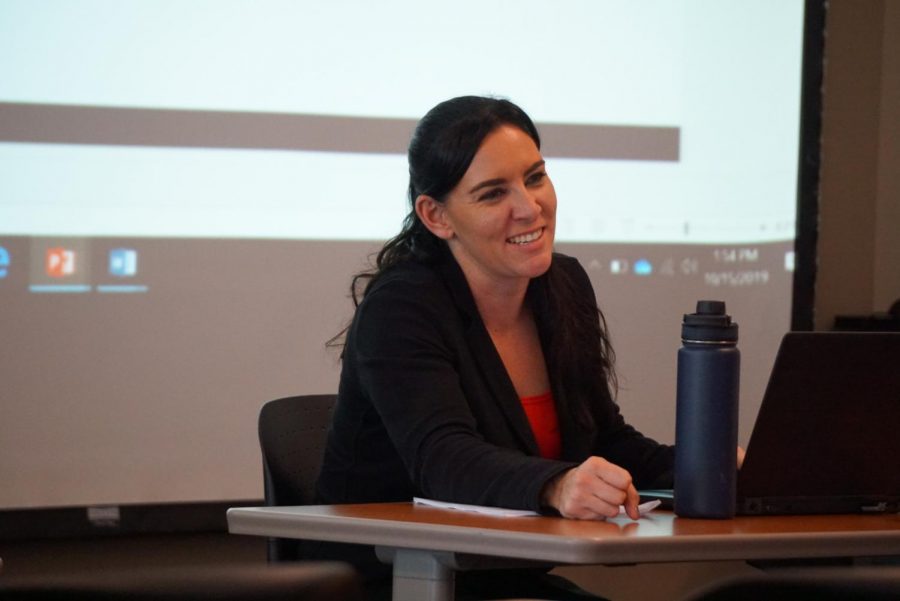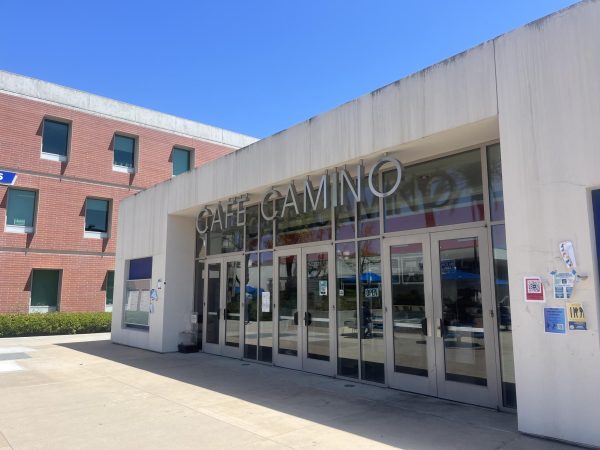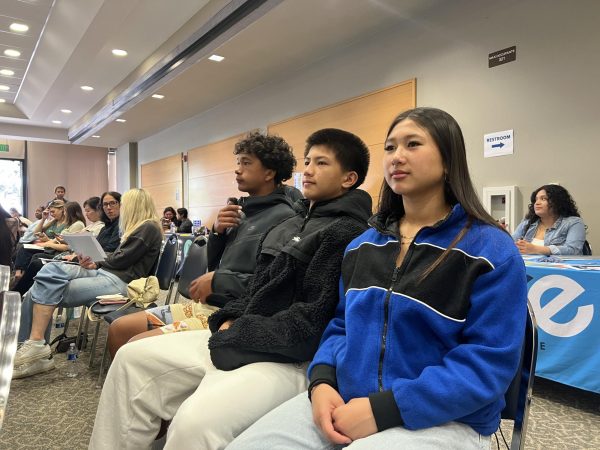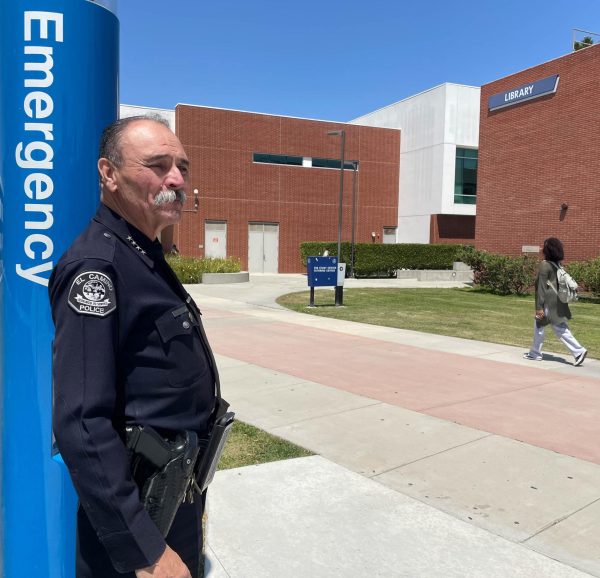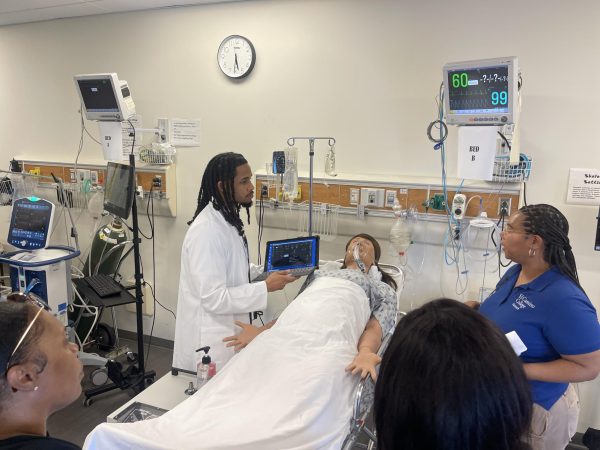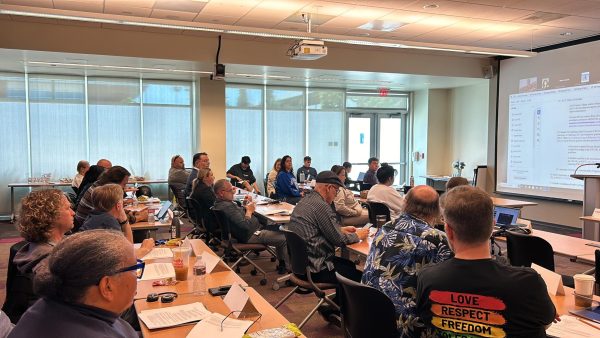Talks over changes in unit credit calculation begin
El Camino College administrators talked about changing the unit credit calculation of courses at an Academic Senate meeting on Tuesday, Oct. 15.
Every six years, community colleges around California must review their curriculum and present it to the Chancellor’s Office of Community Colleges for approval. Board Policy 4020 recently came under discussion as members of the Academic Senate pointed out that the California Community Colleges Chancellor’s Office mandates course units to be calculated in accordance to title 5 § 55002.5.
According to Title 5 § 55002.5, the Chancellor’s office requires one classroom hour be equal to one course unit. Increments of less than one unit are not allowed. In ratios of in-class to outside-of-class hours, a total of 54 working hours would count as a unit.
Lecture hours would be counted as 18 in-class-hours to 36 outside-of-hours; laboratory hours would be counted as 54 in-class-hours to 0 outside-of-class hours and Independent study would be counted as 0 in-class-hours to 54 outside-of-class.
El Camino College mathematics professor Lars Kjeseth said he is not pleased with this new policy since he believes that the higher ups have too much power.
“I think there’s an issue here. We should be expecting the Chancellor’s office to be working with board governors,” Kjeseth said. “I think we’re being put under a barrel. We’re being forced into a very uneven sort of power structure. We’re being forced into a decision that might be very detrimental to our students.”
Kjeseth said the policy should be restructured to benefit the students to allow for more face-to-face time with students which can increase their chances of success, rather than having class geared toward individual work.
“According to the Title 5 language that decision should be a local decision, in other words we as a community college district and our board of trustees work together to define what is allowable or not in that regard,” Kjeseth said.
Academic Senate President Darcie McClelland said she understands faculties disapproval but she wanted one message for everyone to go home with.
“Our answer can not be, well we’re just not going to apply what the states are going to do,” McClelland said, “We’re going to lose courses, we’re going to lose our money and we’ll all be out of jobs”.
McClelland went on to explain how that is not a viable option for them because the Chancellor’s office has all the power.
McClelland said that in Title 5 it technically says that it is a local decision, however, when the legislature tells the Chancellor’s office to come out with new guidelines and we don’t comply it puts us in a difficult place.
“We need to follow those because at the end of the day the chancellor’s office controls the approval of our course and our ability to get funding,” McClelland said.
In theory officials can decide not to follow what the chancellor’s office says because of Title 5 provisions, but will run the risk of not having courses approved and not getting proper funding in doing so.
There is no set due date for these changes to occur, but officials plan to deal with these changes on a case-by-case basis.
McClelland plans on talking to other senate presidents and other colleges across the state to see if their colleges are having similar issues. If they find in their research a majority of the institutions are against this change they will present it to the Chancellor’s Office.
Associate dean of Humanities Scott Kushigemachi said there needs to be much more research and planning done to fully figure out what the changes are necessary to move forward.
McClelland says this policy will mainly impact students in foreign language, science and math courses.
“I think that counting hours in a class as units is a very poor decision,” sociology major Rajanay Berry said. “There are students who are not able to spend that amount of time in one class due to outside obligations such as work, family life, etc.”
Psychology major Kimberly Cano said this policy is unrealistic and there’s not enough hours in the day to balance outside activities and school work.
Cano explained how the process would be too time consuming for her.
“I just signed up for a class that is actually three hours and I actually just settled for it because it worked with my work schedule, Cano said. “We’re out here really busting our ass off for our degrees for them to say, ‘Hey you’ve got to take even longer courses to get your units.”
McLelland said that faculty members who are affected by find changes to be negative because they will have to spend more time in the classroom but said she, along with her colleagues, will find a way to make it work.


